Paku
Designing toys honouring mātauranga Māori is the foundation of Paku. See how they used a trade mark to protect the integrity of their brand.
The video starts by showing a Paku branded timo (traditional Māori digging implement) on soil that has been freshly turned. The timo is brightly coloured, the handle portion is purple, and the head that strikes the soil is black. It forms a v shape, with string binding the joint where the two parts meet. There is a speech bubble shaped graphic element with a green background over the top left of the video with the words “Dream it. Do it. Own it.”. Then we see two men briefly in a home workshop/office, and then a timo and a toki (another type of traditional Māori digging implement). The toki has a shape similar to an axe but the head is at a right angle to the handle, and this one has a bright yellow handle and black head. The colours and scale indicate they are made for children to use.
We hear a man speaking “If it had that Paku logo on it, it had our knowledge and our kaupapa behind it, we were always going back to the tamariki.” We hear a second voice continue “We've kind of, I think designed them to be handled, with fun.” The second voice continues as we see a man sitting in a vintage armchair and he introduces himself “Ko Johnson Witehira toku ingoa, I'm a co-founder of Paku here with my friend Jamie.”
The first voice speaks again and we see a man sitting in another vintage armchair in the same room as Johnson, and he introduces himself “Kia ora, ko James (Jamie) toku ingoa, I'm co-founder of Paku with Johnson. And we design tools, toys to bring to Aotearoa products that have a basis in Mātauranga Māori.”
Johnson speaks again as we see children’s hands close up digging in a vegetable garden with timo and toki “Paku can mean small or translate to mean small or little, because we're focusing on creating things for children. That just made sense to us using a name that talked about being little.”
We see both Johnson and Jamie sitting in the armchairs with the timo and toki they have designed on the coffee table in front of them. A woodburner is lit behind them in the room, the room looks cozy and relaxed, Johnson speaks “In front of us here is a toki and a timo. These are based on traditional Māori gardening tools.” As they speak we have seen Jamie working at a computer with images of the design files open, and close ups of their toki and timo in a range of vibrant colours. Jamie continues “And now we're trying to bring them back in a more contemporary bicultural context.”
We see footage of the toki digging then of a 3d model of the toki on a computer screen, then a close up of the timo on a table with other learning resources, then a child lifting a timo out of the soil then back to the two men sitting in armchairs. Jamie says “The toki, there were many different forms and sizes, they had many different reasons for being created. The timo is more of an iconic Māori agricultural tool,” We see a child digging in a flower bed, a dog is investigating what the child has unearthed. We hear Johnson say “We wanted to make these things kind of fun as well, you get a little bit trapped, when you get too serious around how you're thinking about how the culture can be used in the right way.”
We see a close up of Jamie as he speaks, then we see a close up of a pink Timo in Johnson’s hands before going back to Jamie “We trademarked Paku, the name Paku, for our products, we did that to protect both ourselves from being copied in the space, but to also protect the ideas and kaupapa that we put into our products."
We see prototype models made of wood alongside their finished product as Jamie continues speaking “We feel very responsible that Paku, as a name, is associated with us using Mātauranga Māori as part of the design of our items.” We see the two men again, then a child digging in the flower bed again, then a close up of Johnson, as he continues “I think this is a really cool place where Mātauranga Pakeha and Mātauranga Māori really came into play.”
We see a computer screen over Jamie’s shoulder, the 3d model of the toki is on screen as Jamie continues “We used an IP (intellectual property) attorney to guide us through that process of getting a trade mark. Having Paku as a trade mark for the business, I think just gives us confidence that we can continue to create items for our tamariki for our whānau, we know the brand will only get used on things that we've taken through our process and to our community.” As Jamie has been speaking we have seen a close up of images of traditional Māori objects pinned to a noticeboard, a close up of Jamie speaking, two ornamental Paku toki with black handles and polished metal elements, and a Designers Institute of New Zealand Best Design Awards Purple Pin – one of the recognitions they have received for their work.
We see children digging again, and then the two men in front of the noticeboard, and a close up of Johnson speaking as he expands further “There is a lot of work around the use of te reo Māori in terms of products. I know that with Paku (our trade mark application) it still had to go through a process of being signed off essentially by a team of Māori experts, I think in IP and language, and once it goes through that panel process, then we're allowed to use it as well.”
Jamie continues “Early on in our prototyping one of the learnings that we had during our IP process, Johnson had an interview with the newspaper and they’d published an image of a prototype saying Dr. Johnson Witehira looking at bringing back Māori design into gardening tools. And we thought, ‘Oh, that's great. That's going to help us later on in our marketing, we're already getting our kaupapa out into the culture’. What we didn't know at the time was that that was an impediment for us getting design registration if that's something we decided to do.” As he’s been speaking we’ve seen Jamie speaking, both Jamie and Johnson sitting together, a close up of an early prototype of the circular motif that’s on the end of the Paku branded tool handles, a wooden version of the toki, and Jamie drawing on a whiteboard.
We see two children reaching for Paku tools, picking them up from the ground covered in grass then digging in soil, as Jamie continues “Our main customer, our main culture that we're trying to sell into is Aotearoa, so it's really important that we're trademarked and protected here. We have this massive list of things we want to design that could go through our Paku lens. There's no reason why your toothbrush or your broom” Johnson adds “or your chair,” Jamie continues “why shouldn't that be seen through that same lens? We want Paku to be that design company that is trusted in bringing those items to the people of Aotearoa, we still both have young families and we want our kids to grow up connected to the culture of Aotearoa whether they're Pakeha or Māori.” As Jamie’s been speaking we’ve seen him speaking, Jamie and Johnson at the whiteboard, and a close up of a fork shaped gardening tool.
We see Johnson speaking as he concludes “We just want to nail it here. And if other people are interested, that's cool. We just made these tools out of love. Really just just for our kids so that they had something cool.” The video finishes showing Johnson and Jamie standing in their garage workshop, each holding one of the Paku tools. There’s a green speech bubble graphic overlaid in the top left corner with the words “Own your uniquely Aotearoa idea”. This fades out to the intellectual property office of New Zealand logo and the video ends.
View more case studies
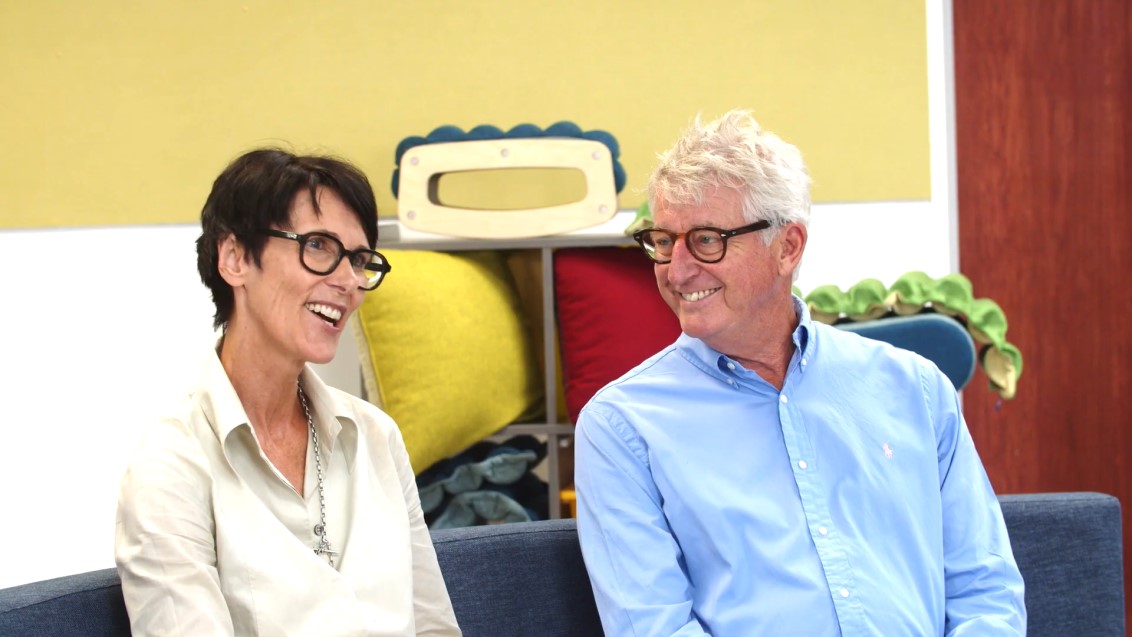
Resero specialise in classroom furniture that helps kids achieve more at school.
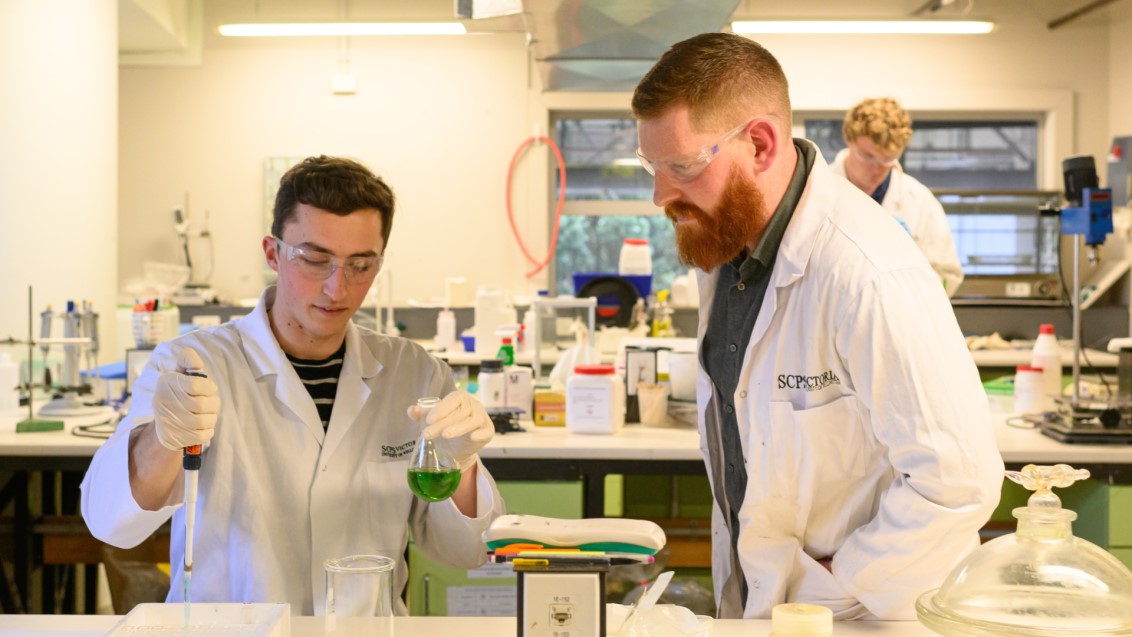
Eldon Tate knew he needed to protect his world leading antimicrobial technology before going to market.
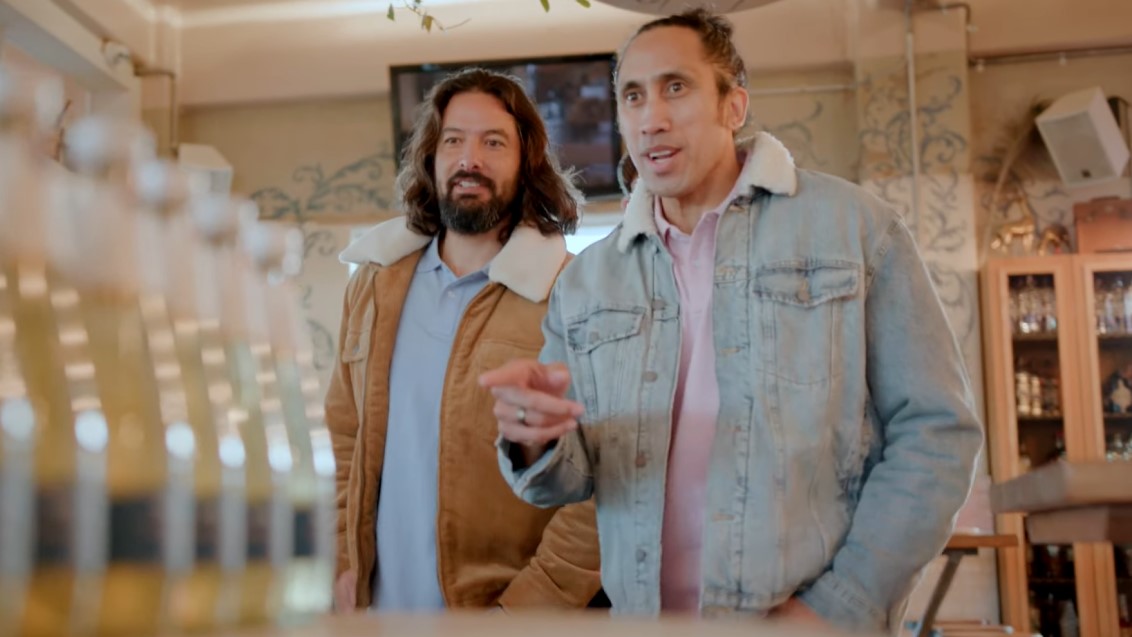
Wai Mānuka. A locally-sourced, premium, non-alcoholic beverage dreamed up by 3 friends at a party.
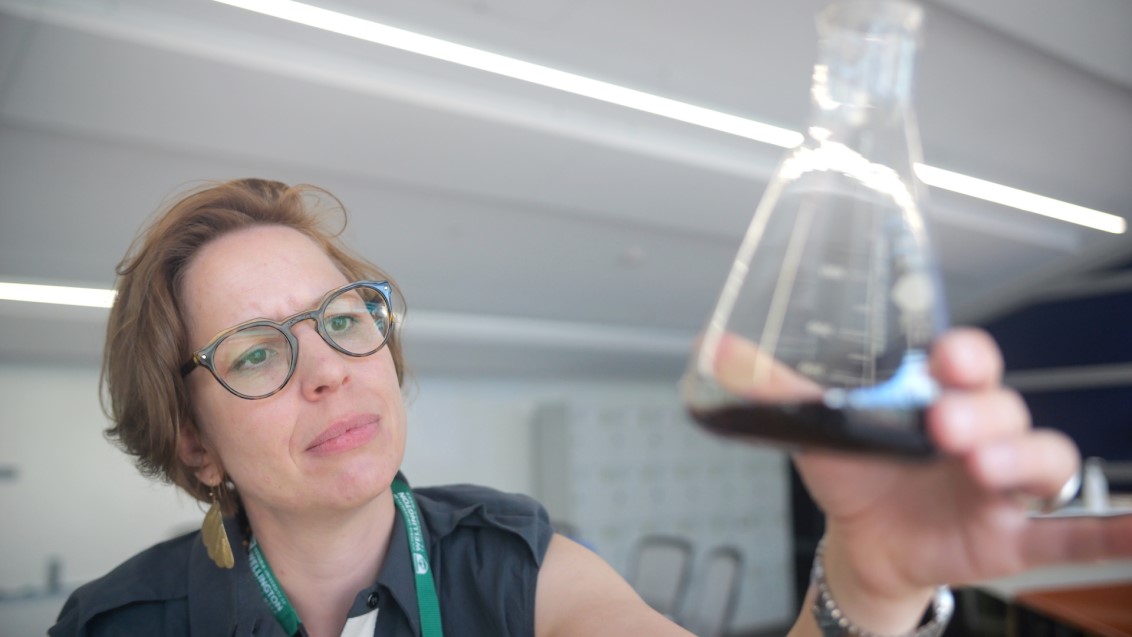
Evithé Biotechnology tackles the inflammation process by applying the ways plants defend themselves.
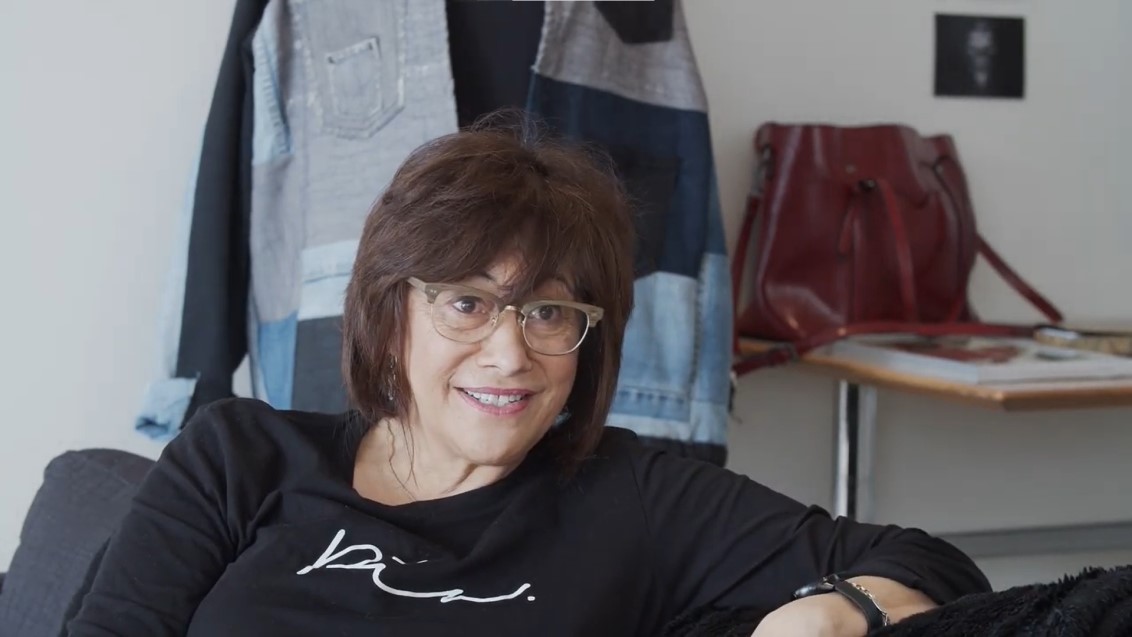
Miromoda nurtures young Māori fashion designers into an edgy annual showcase at NZ Fashion Week. Trade mark protection helped them build their brand.
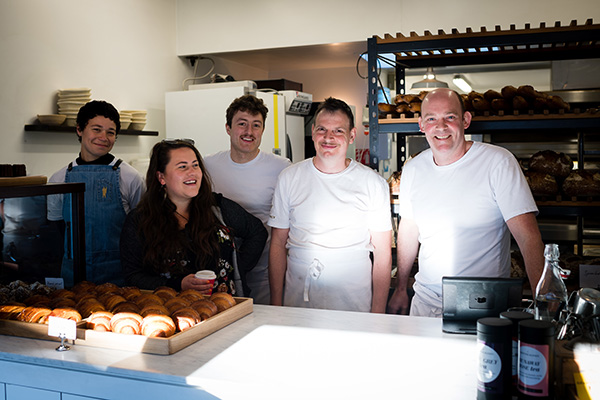
Registering their trade mark early meant Baker Gramercy’s brand was protected as their reputation for authentic, fresh-baked goods took off.
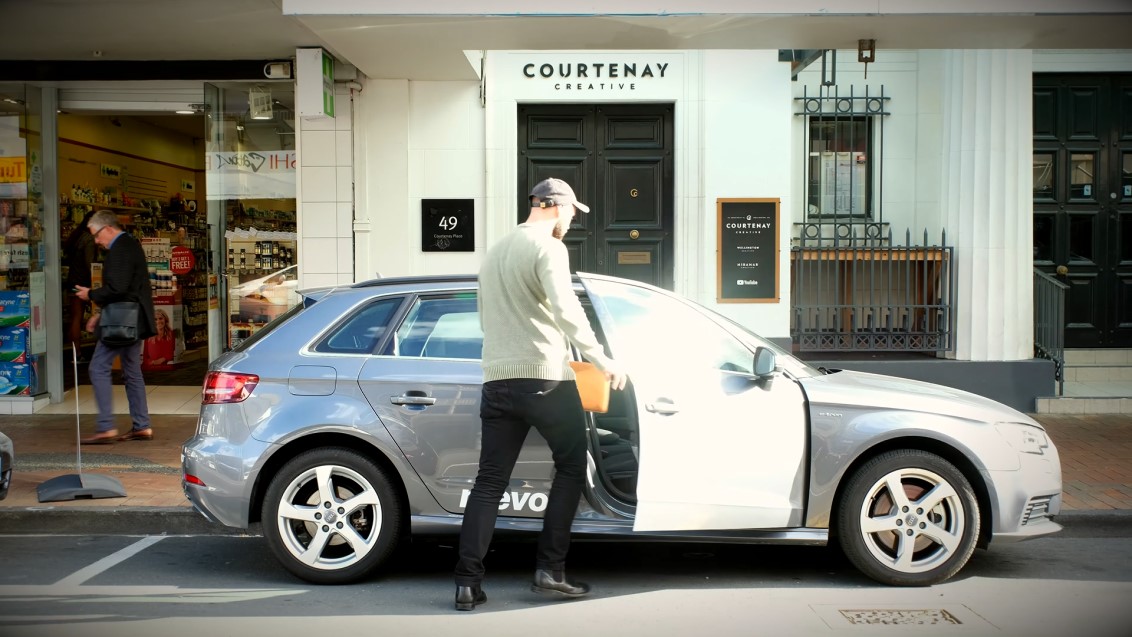
Gaining thir own trade mark, and licensing other brands’ software IP, this unique car rental company got moving faster than ever.
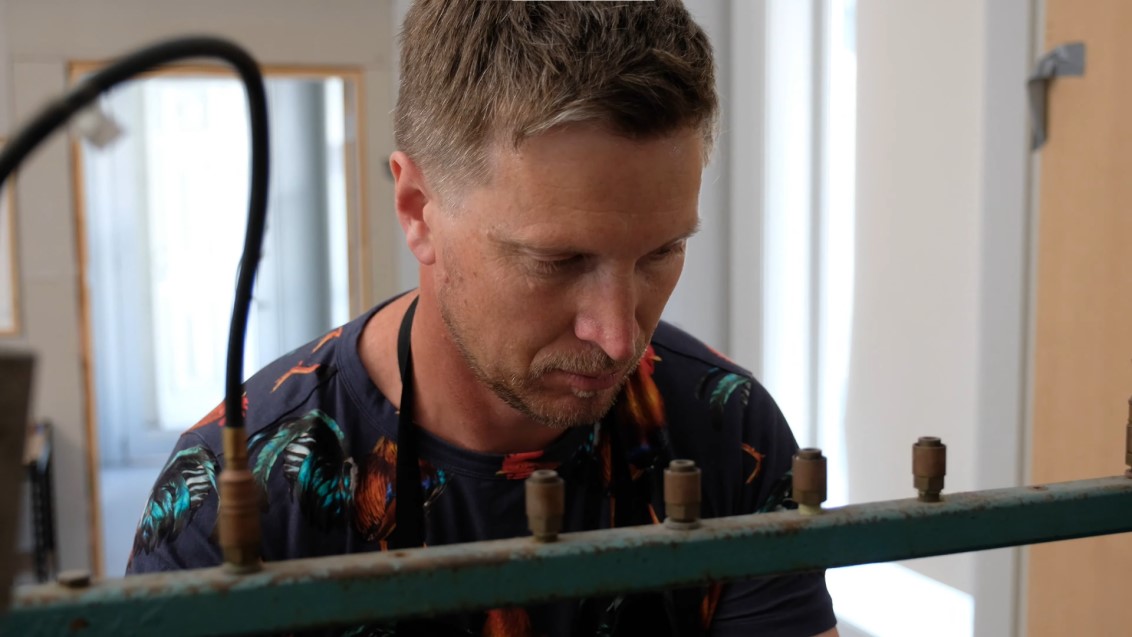
With their distinctive wallpapers and screen printing in high demand, find out how PaperHands protected their reputation with a registered trade mark.
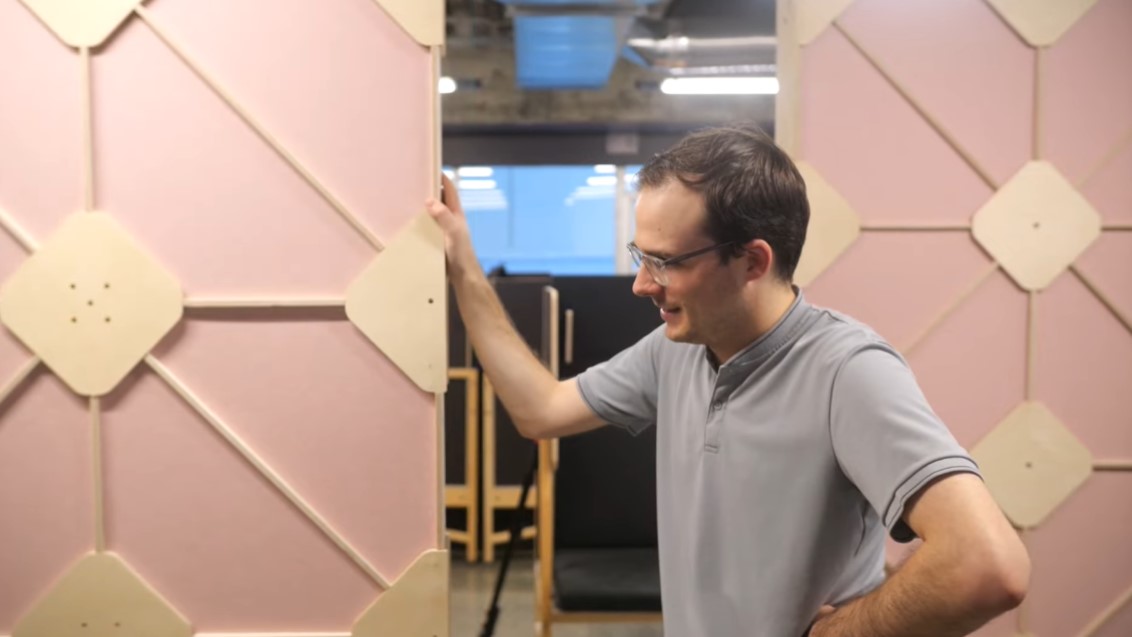
An innovative building frame idea gained XFrame a registered design, and a lesson on the importance of timing for patent protection.
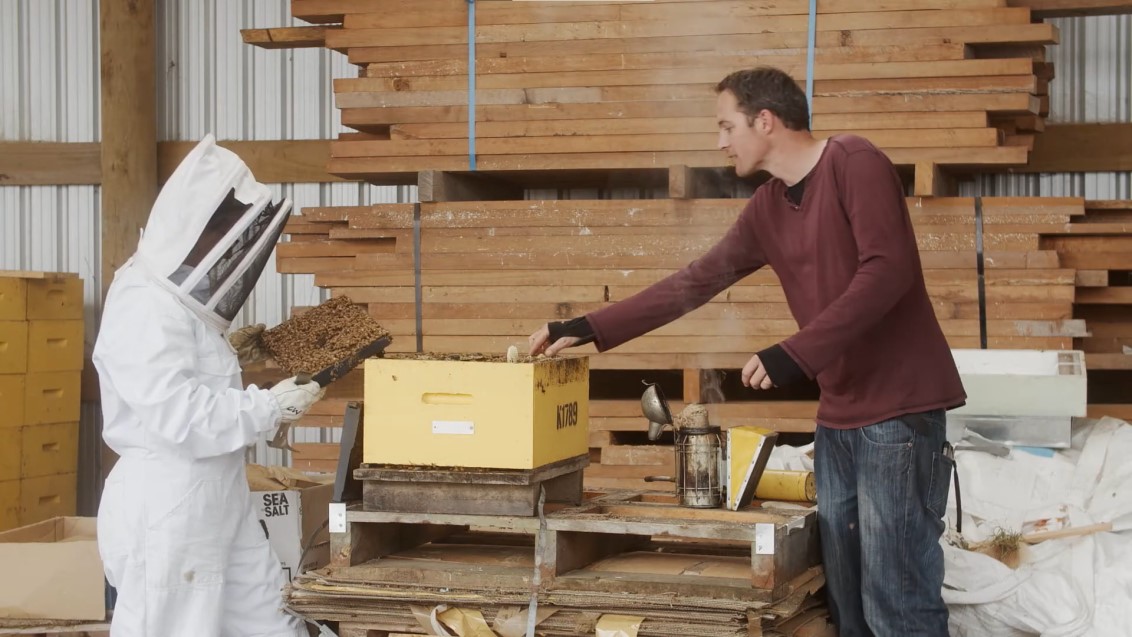
A newfound love for beekeeping sent Julian McCurdy on a mission to create new tech to monitor beehive health.
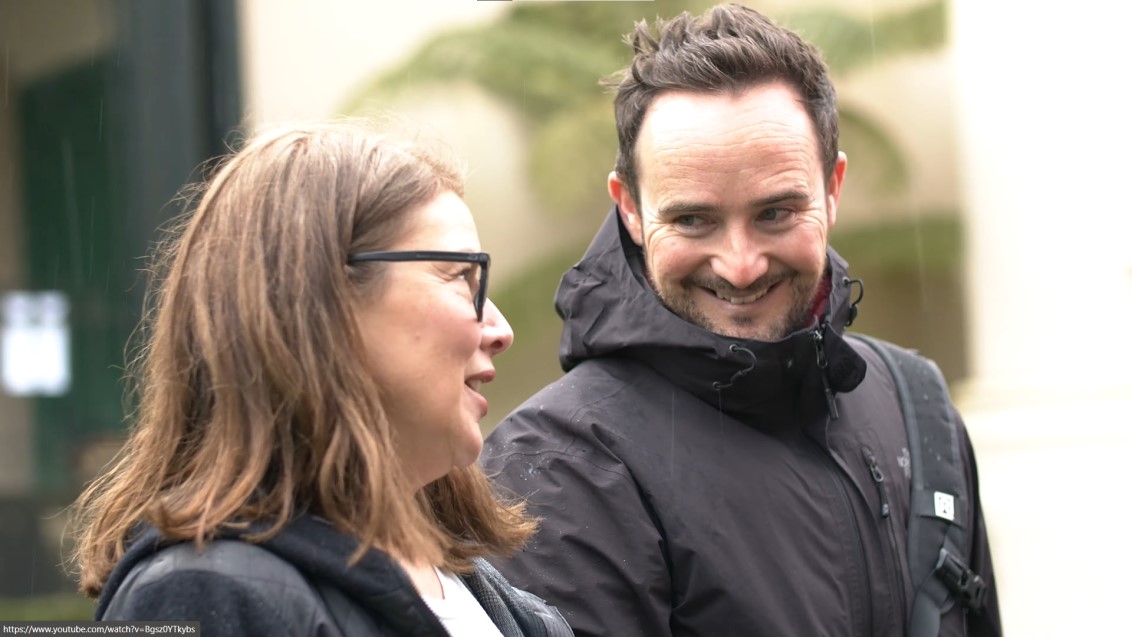
Kind is the new cool. A small Wellington based team make it easy to give one percent of your income to some smaller, cool, Kiwi-based charities.
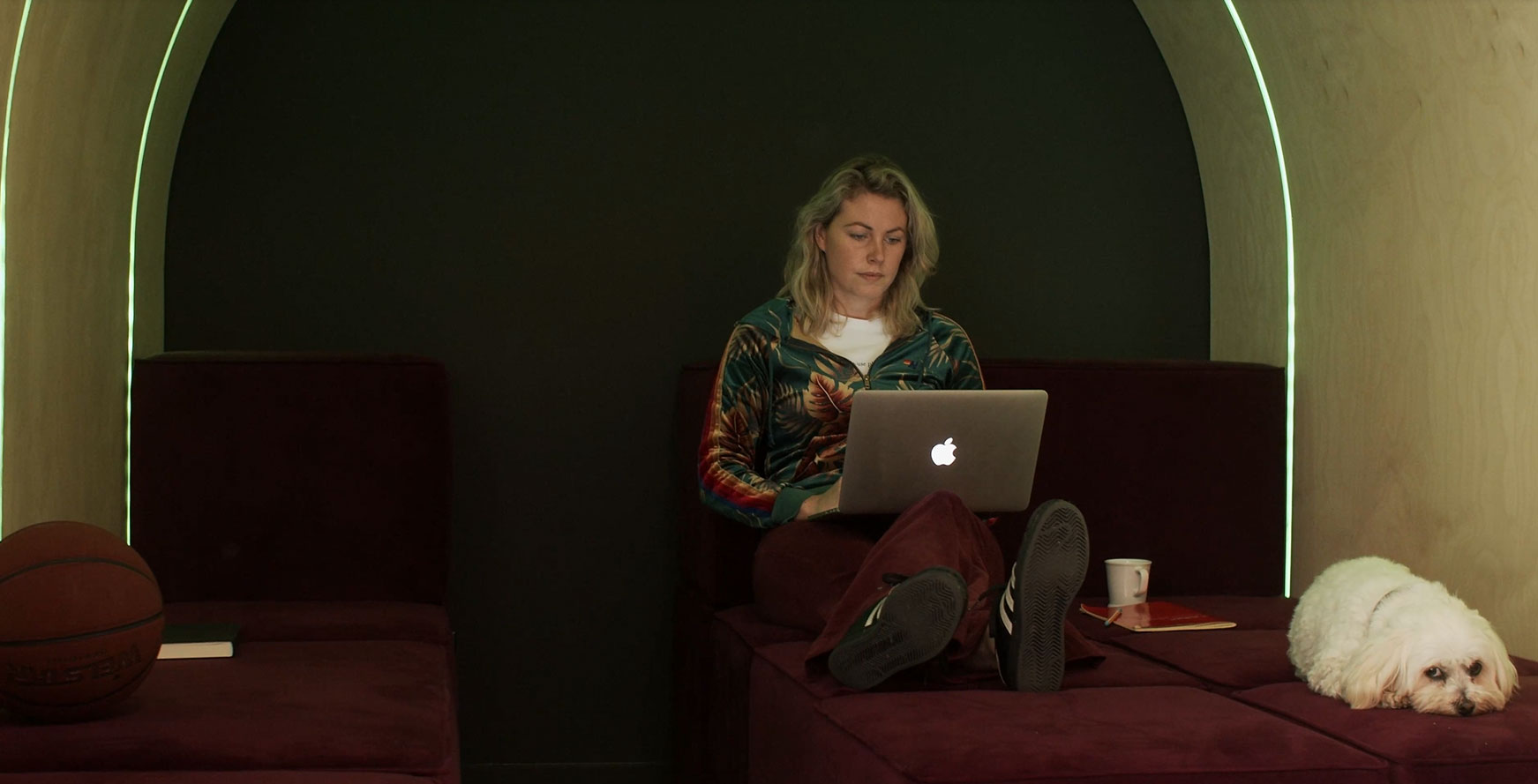
Story telling using immersive virtual reality; creative design agency Wrestler is pushing the limits with the help of IP.
